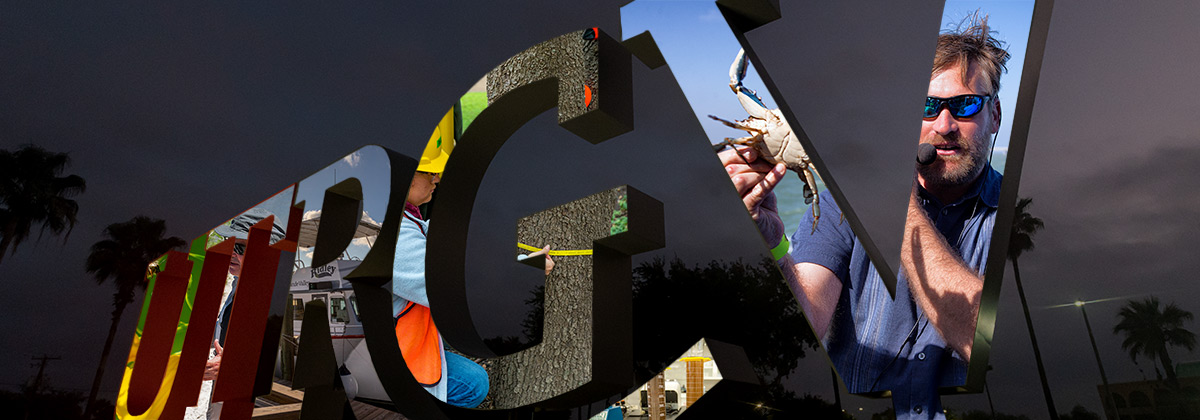
School of Earth, Environmental, and Marine Sciences Faculty Publications and Presentations
Document Type
Article
Publication Date
11-2022
Abstract
Shallow coastal wetlands within the territory of an industrial port in southern Tamaulipas, Mexico, were monitored seasonally over a lustrum, focusing on their fishes assemblage and water parameters. The purpose was to characterize these ecosystems that are affected by different disturbances of industrial origin, document changes, and assess potentially degrading terms as the affectations prevailed over the period of study. The wetlands are differentially affected by impacting land uses in their immediate surroundings, by crude oil leaks, and/or by diverse industrial wastewater discharges. Water parameters varied only slightly over time for most sites, and relative disparities among sites remained. The fishes assemblage was dominated by a native planktivorous species in eutrophic sites and by a native omnivorous fish in the oligotrophic wetland. The sole exotic species found was only the second-most dominant in all sites. The structure of the fish assemblage was maintained over time. Such stability is attributed to moderate temporal variation of water parameters; limited fish migration due to relative confinement of water bodies; and a reduced pool of species with dominant fishes potentially exhibiting trophic plasticity. These degraded aquatic ecosystems support a simplified but relatively stable fishes assemblage and may have reached an alternate steady state that could facilitate environmental management by the port authority.
Recommended Citation
Cintra-Buenrostro, Carlos E., and Alejandro Fierro-Cabo. "Stability of fishes assemblage structure over a lustrum in coastal wetlands under different disturbances in an industrial zone of the central Gulf of Mexico coast." Regional Studies in Marine Science 56 (2022): 102701. https://doi.org/10.1016/j.rsma.2022.102701
Creative Commons License

This work is licensed under a Creative Commons Attribution-NonCommercial-No Derivative Works 4.0 International License.
Publication Title
Regional Studies in Marine Science
DOI
10.1016/j.rsma.2022.102701


Comments
Original published version available at https://doi.org/10.1016/j.rsma.2022.102701